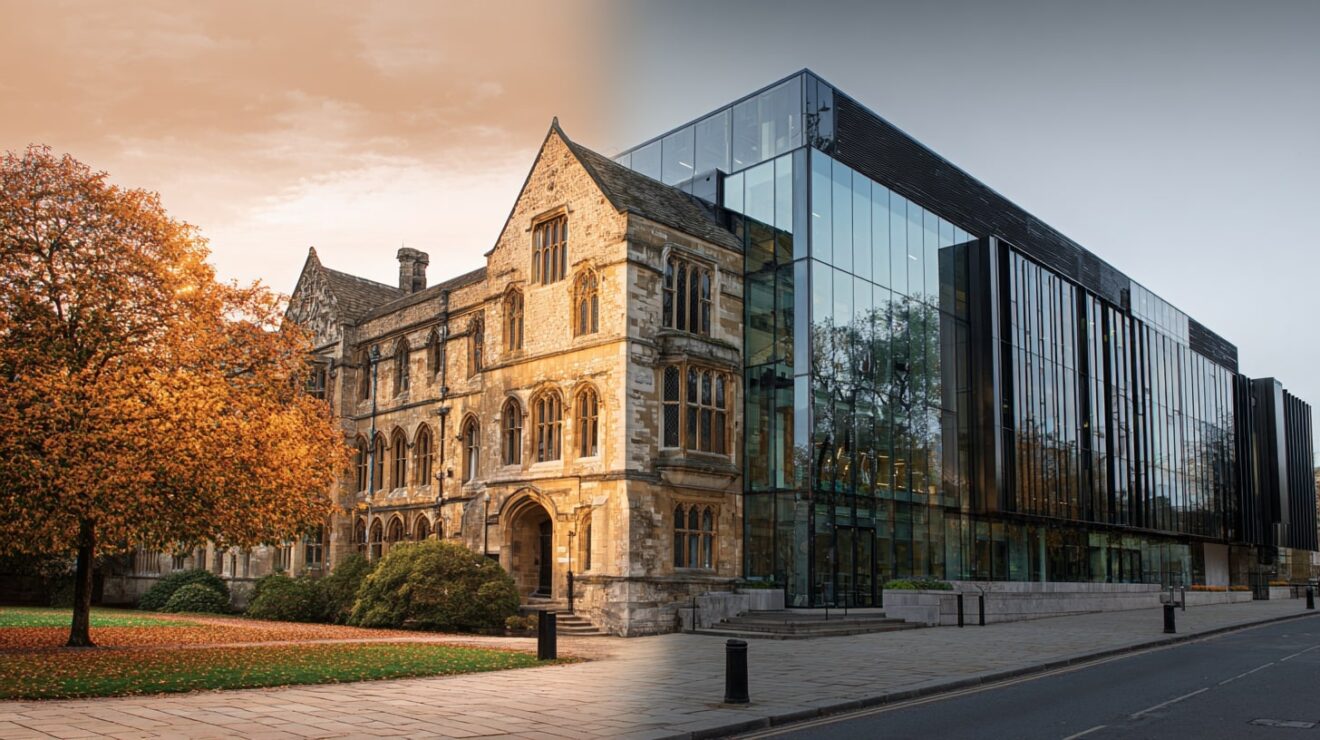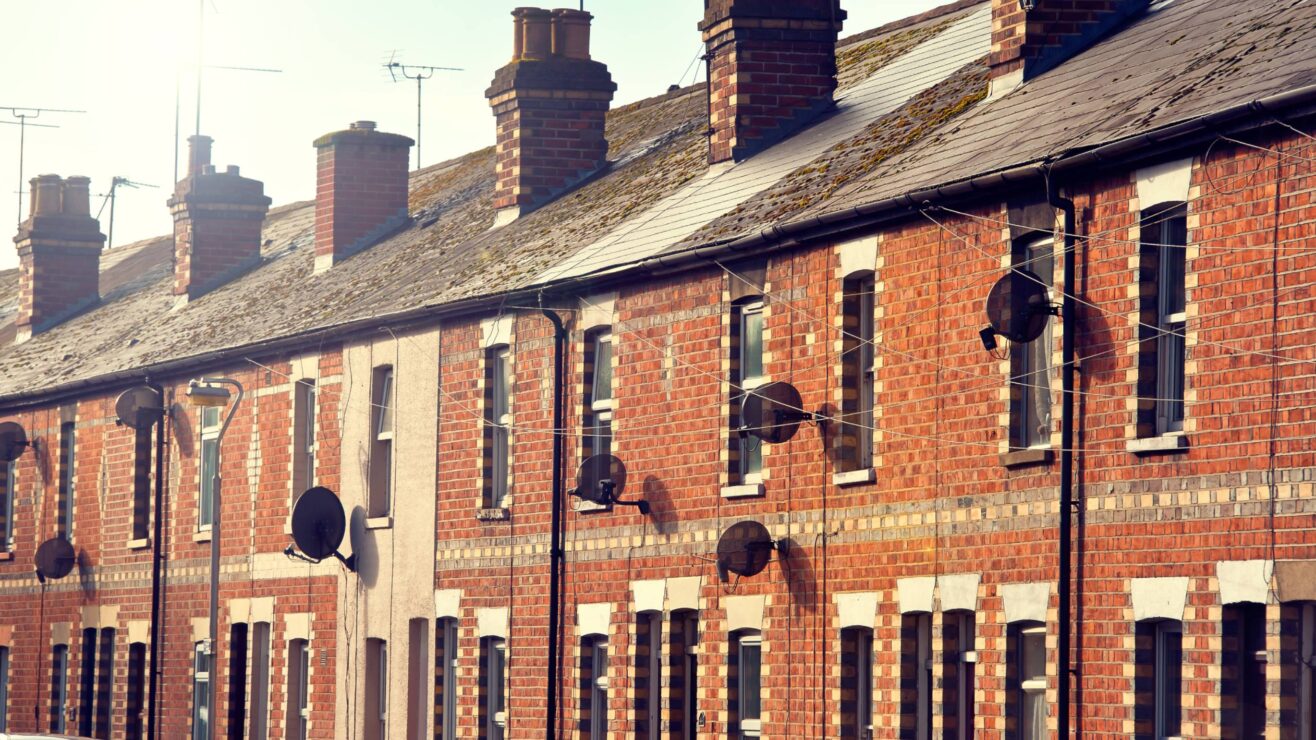As you might remember, back during SU election season we were keeping an eye on gender when it came to SU officer elections.
It was a fascinating season – because back in the spring it became clear early on that women were having a much better year than usual when it came to winning.
It’s taken a while to get around to it, but we’ve completed a fresh look at the picture. There’s a few caveats with data like this. We are looking at full time elected officers in SUs, and in universities across the UK only (there’s a smattering of sabbs in other kinds of HE provider). We’ve also had to assess gender by eye based on photos on websites which is obviously problematic. Ideally, there would be a national diversity survey around elected office that would enable us to look at all sorts of intersecting characteristics – but we are where we are.
We don’t know the make-up of candidates, but NUS (albeit on a smaller sample) had it at 52% women (including trans women) for this year. And we don’t know the breakdown by officer type – they’re too diverse these days (around a third of the sector doesn’t have a lead officer ie President).
The results are in
Anyway, all of that said, the tally we got to was that of the 534 sabbs we identified, 359 or 67.23% were women. That is unprecedented. To give you a sense of this back in 2014 an NUS diversity survey had the % of women in full time officer positions as 32%, with SU Presidents at just under 10%.
The question is why – and so we asked for your your theories. Did the pandemic forcing elections almost completely online give women a confidence boost? Was there a different kind of scrutiny going on? Was the nature of campaigning different, amd how might that have affected things?
My opening gambit was that research in the middle of the last decade showed that 30% of women were “not comfortable at all” standing in an election compared to only 17% of men. Conversely 20% of men claimed to be “very comfortable” standing in an election compared to only 10% of women.
However, it would be wrong to simply conclude that women are less comfortable being a decision maker, for example 59% of women were comfortable being randomly selected compared to 51% of men, suggesting the variation was with the appointment process rather than the end result. So maybe there was something about an online year and an online election made the process more comfortable, and so more accessible for women.
Other theories were available.
After talking to a couple of officer teams as well as my own I suspected the online only elections really helped to encourage women to push aside any imposter syndrome they might feel if they felt they had to walk around talking about how great they are. Online only also possibly made it easier for people with additional responsibilities such as dependents or those who had to work alongside studies and we know those are often disproportionately women students”
It’s weird, you know, as a sabb without an office culture because of Covid I really had to build a network of students who I could talk to and get feedback from. When it came to election time I spent a lot of time messaging people and convincing them to stand. Would I have done that without having that network? I’m not sure”
I would imagine online would help massively as most women I came across were not as confident with public speaking, particularly in hustings events. As a sabb I really struggled with dominating the conversation and talking over people – this is for multiple reasons but my gender likely played a part. However, when exploring this issue we found that there was less a problem with women running for election, it was that women weren’t being elected.
Role models
For me it was seeing these other women in the SU doing things for students all year. It was like every week we got an email on what they’d said to the vice chancellor or why they were upset with the government. It really chimed with me and I wanted to be a part of that. I worry that because there’s not a crisis in the same way, we’ve stopped being good at telling that story of the ay in which officers advocate for others which I found so compelling”
I just thought that the whole period was all about ideas rather than egos and if there is any way that unions could try and keep some of that even if turnout suffers I think that would make for a much better election”
A good leader or leadership skills are often associated with “male behaviours”, and it seemed there was big unconscious bias within the electorate.
Messaging
If you think about it, for months our comms were all about the issues students were facing and what officers were doing about them. It was one of those years where most people that stood and everyone that won told us that they were responding to all that rather than our specific election promo work. Maybe the latter benefits men and the former women, I don’t know”
We spent all year talking to students about their issues, and showing them elected officers talking about those issues. So the election became less about a “leadership race” and the people and more about what students care about and officers do with those things.
There are some awful cliches about the roles that women play in society but for us this was a year when all our surveys showed that students really wanted empathy rather than some big hero person standing at the front leading things. It might be true every year actually, but either way because all our promo was about students doing things for eachother – service leadership if you like rather than a big celebrity contest – that helped.
Community building
I would just never have won any other year. Most years it seems to be about silly ideas and gimmicks and I just don’t think that helps. I’m not sure you can ban costumes and banners but I know that students actually read my manifesto and talked to me about my ideas. It would be a shame if it went back to leaflets and dog costumes”
I’ve been reading a lot about the “glass cliff” and the theory about female leaders during and after a crisis. There are many aspects to it, not least the reality that women will often end up being scapegoats for a failing business or organisation whilst picking up the pieces of a leadership long gone.. but it may go some way to explain why people seek female leaders in the aftermath of a crisis due to more empathetic styles and the ability to build community.
I don’t think we do nearly enough to work out why women – and in fact all of the underrepresented categories – end up not standing, or dropping out or not winning. It’s right that we focus on the winners – but I’d like to see us all focus on those we tap on the shoulder in those “encourage someone to stand” schemes and those that disappear halfway through. Our goal should be to ask ourselves – do we do anything that denies students the choice of some very talented people – and if so, what can we do to change that?



















Trans women are women. No need to explain that they are being included in the data on women sabs.
It’s a fair point Letitia – although just to say that that is the way that stat is described based on the wording of the question used in the NUS elections research
Great article!! Seeing two females Presidents before me was deffo empowering.